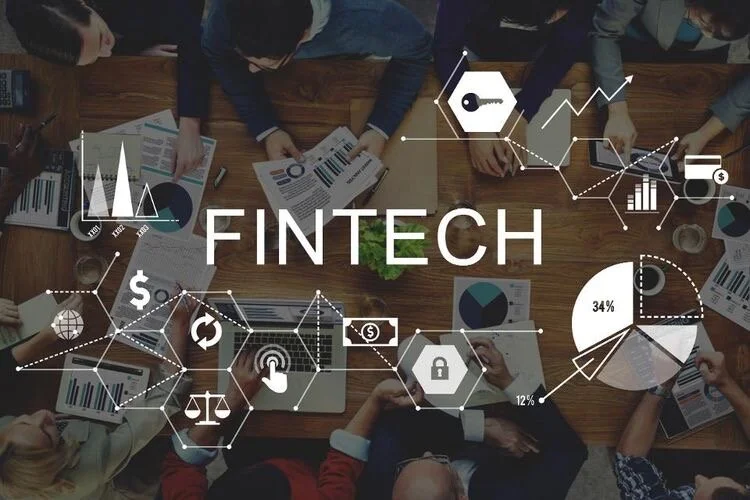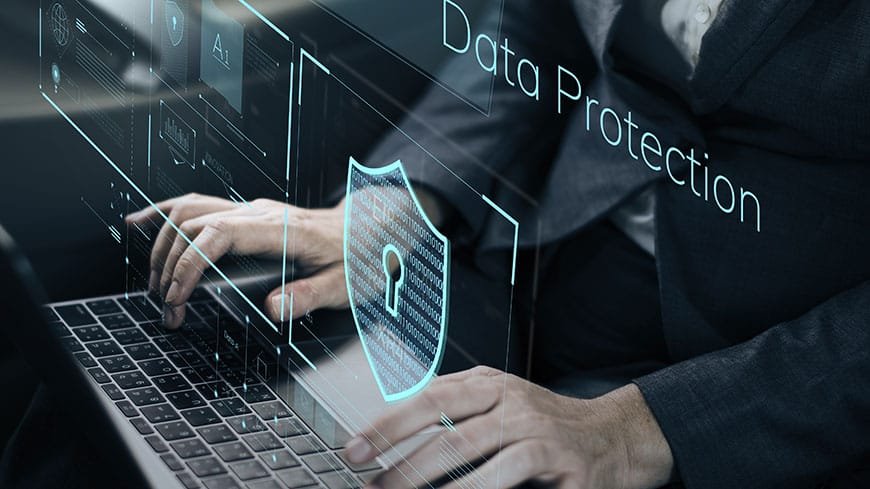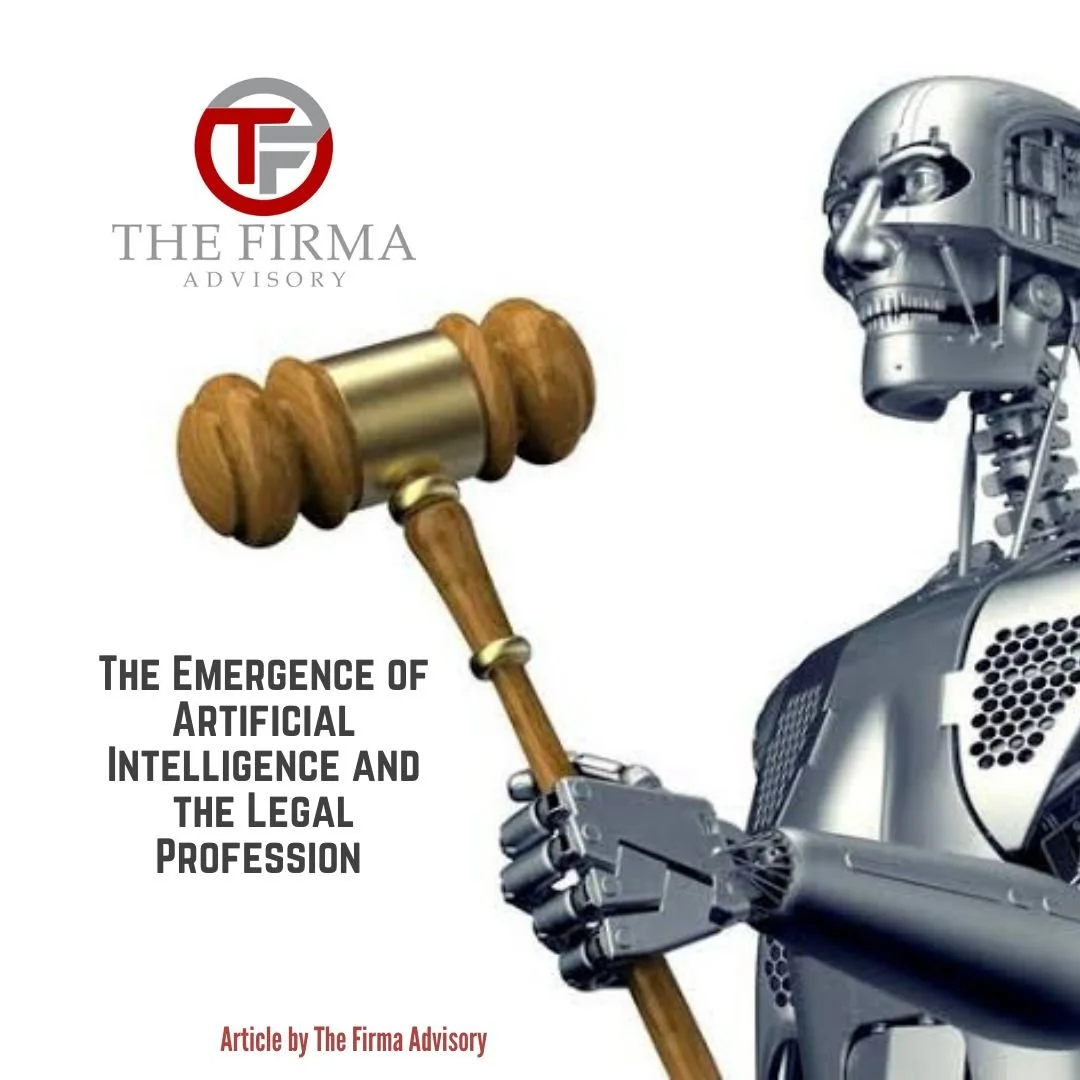INTRODUCTION
Generally speaking, registration presupposes some sort of conclusion or priority in terms of legal rights. For patent or design however, this might be a little utopic, because Intellectual Property (IP) heavily prioritizes acknowledging original creators and inventors, as will be seen. To satisfy the requirements for the issuance of Patent over an object, function or process and be issued a Patent is not enough apparently; what makes a Patent truly valid in the essence of IP transcends beyond an application for Patent and certainly beyond a mere certificate of registration.
REGISTRATION OF PATENT
The phrase “Registration of Patent” connotes that a Patentee has registered an object, function or process (subject-matter of patent) with the Patent Office and has been issued a Certificate of Registration over it. In reality however, the PH is not registering the Patent itself; the Patent is issued to him upon meeting the requirements for its issuance such as novelty, non-obviousness, utility, etc.
Upon registration, the Patentee becomes the registered title holder over the subject-matter. In any litigation surrounding the validity or infringement, the registration certificate becomes a prima facie evidence of validity, not a conclusive one. This is because validity of Patent is not tied down to the registration process; it focuses on the qualification (creation and inventive step) in the subject-matter. The reason is as already mentioned – IP seeks to protect people’s creativity and ideation.
PATENT VALIDITY ANALYSIS
Patent validity analysis encompasses a lot; from the application for Patent to the scrutiny of the application, its approval, etc. Essentially, it is to ensure that the subject-matter of Patent meets the requirements for the issuance of the Patent.
Patent validity analysis occurs in two phases, the;
a. Prosecution Phase and;
b. Enforcement Phase
The Prosecution Phase; this is the more detailed stage of patent analysis. The analysis in this phase is conducted by the Patent Office which would scrutinize the application for Patent made, to ensure its compliance to the requirements and standards for the issuance of Patent. If the application does not follow the procedural guidelines, it would be rejected. If the subject-matter fails one or more requirements, it certainly should be rejected.
The Enforcement Phase; this phase of validity analysis only arises when there is an infringement. Whenever there is an infringement of alleged infringement of Patent, the validity of the Patent is directly a fact in issue or relevant fact or any other fact envisaged by Part II of the Evidence Act 2011 and therefore constitutes an issue for determination, unless the defendant does not join issues with the claimant on the infringement.
The validity analysis of assessment here is done by the Court through the litigation process; parties lead evidence while the court gives its pronouncements based on such evidence before it. The Court in this phase would examine the requirements for the issuance of Patent vis-à-vis the Patentee’s application to assess the validity of the Patent (the subject-matter of the dispute). The basis for this is because the defendant can plead that the Patent was wrongly issued, he may claim to be the inventor of the subject-matter as his defense. If the defendant is successful, the Court would rule that the Patent was wrongly issued and thereby grant an order of revocation or withdrawal of the Patent.
NOTE: An invalidity determination is final, but a ‘no invalidity’ determination is not. This means that even if a claimant successfully defends his Patent in an action, the validity can still be attacked on the same issues in a different action by a different party. This seems contrary to the rationale behind the legal principles of “estoppel” and “autrefois acquit” but then, IP is civil in nature. In any case, IP is sui generis as well. In light of this, Patentees may be caught up consistently in litigation defending their Patent during the 20 years they should be enjoying exclusive rights over it.
PRESUMPTION OF VALIDITY
There is a “presumption of validity” in the Enforcement Phase of a Patent. The law presumes that the Patent Office performs its due diligence before issuing Patent. This presumption however is rebuttable; if the defendant can lead evidence to convince the court to the contrary or that a requirement was not satisfied, the Patent would be pronounced void by the Court.
The implication of such a judgment is that such a Patentee’s right over that subject-matter in question ceases to exist. He can however re-apply to the Patent Office for a fresh Patent after meeting the requirements it did not satisfy, according to the Court’s judgment (if possible). Within that period within which there is no Patent over that subject-matter however, other persons may apply for Patent over it or something very similar, subject to the requirements of Patent.
BURDEN OF PROOF
One jurisprudential question in the validity assessment in the Enforcement Phase is this, “On whom (should) the burden of proving originality lie”? Even though Sections 131-136 of the Evidence Act 2011 are crystal clear on burden of proof, the rationale for our answer should take into consideration the reality that the subject-matter of Patent has been registered.
Registration needs to be accorded some sort of value, otherwise, it is useless. This makes sense and seems to flow from the rationale behind the principle of “Better Title” in property claims. It is that both the Claimant and Defendant have some sort of evidence of title in the land.
In the case of an infringement of a registered patent, what title does the defendant have to even compete for a “Better Title”? Why should the defendant even be allowed a defense that raises questions on the validity of a Patent?
“He who asserts must prove”. The patent holder who asserts the infringement of his right over an innovative subject-matter is required by law to prove the infringement, but (NOT) the innovation in the subject-matter for which he has a Patent. If the defendant admits the infringement but denies the novelty of the subject-matter, should he still be liable? If he denies the infringement because of the absence of novelty as his defense, is he making a mere academic argument? The fact still remains that the claimant’s title was valid at the time of infringement.
Are we allowing moral rights question legal rights or simply giving legal rights room to validate themselves? It may seem too academic to imagine, but the economic implications of our answers cannot be academic. People invest in enterprises, and a Registration Certificate is certainly a document an investor can rely on for investment. To know that the Certificate doesn’t guarantee anything on the subject-matter on it certainly raises eyebrows.
RECOMMENDATIONS
The Patent Registry must be thoroughly equipped for the rapid and numerous innovations going on in Nigeria in terms of training, resources and other things it would need to be standardized. It has to broaden its search beyond its records to actually deploying personnel to check the novelty of subject-matters brought before it for registration.
Also, our laws and IP Policies must be frequently updated to respond to modern trends and development in the IP Industry.
Sensitization in rural and urban communities on IP should be done and encouraged; social media platforms could even be used to educate and enlighten people on the need for registering their products, particularly about the moral, economic and legal value of Intellectual Property.
Stricter penal measures should be meted out on those who deliberately infringe on people’s IP rights. Also, stricter penal measures should be issued on those who are discovered to have stolen people’s ideas and products by beating people to the registration of their own creation.
Finally, there should be an IP tribunal to enable quicker dispensation of IP cases owing to the delicate nature of IP and the negative effects delayed dispensation of cases may have on its economic value to IP owners of Copyright, Trademark, Patent and Design as the case may be.
CONCLUSION
Intellectual Property rights are sui generis and should be treated as such. While efforts are being made to tackle the challenges bedeviling the Patent Office and its administrations, the priority remains to give original creators adequate protection, value and reverence for their works and this should remain so. Undue relevance and priority should not be placed on Certificates of Registration such that the challenges, rules and malpractices in administrative institutions do not prevail over the essence and moral right in the Intellectual Property sector.
The content of this article is intended to provide a general understanding to the subject matter. For specific consultancy relating to your circumstance, feel free to reach out to us today at hello@thefirmaadvisory.com.




















